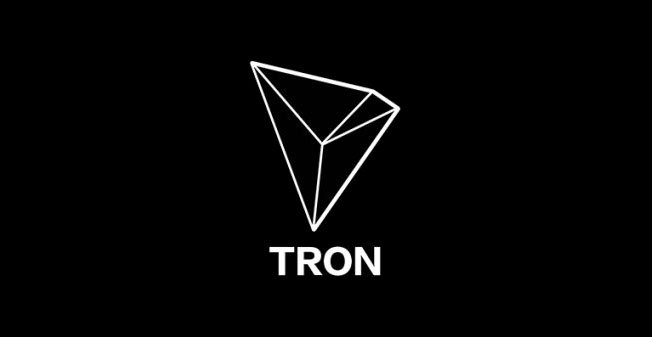2020-3-26 16:13 |
Coinspeaker
Ethereum 2.0 Will Impress Public with Totally Audited Code
Let’s dig into what is currently happening with the long-awaited Ethereum 2.0 update? It appears that Phase 0 has been completed in a path towards code review. The Ethereum developer Danny Ryan and Least Authority are performing the code audit. The Least Authority is a security consultant firm. So far, they have found seven critical mistakes in ETH 2.0 codebase.
We just wrapped up the #phase0 audit of the #eth2 specs!
Big thanks to @dannyryan and the @ethereum team.
Check out our blog post + full report here: https://t.co/3cFb41ML6H#ethereum #security #audit pic.twitter.com/nuHrkJJSmv
— Least Authority (@LeastAuthority) March 24, 2020
Per the report (official PDF):
“Since no other large-scale implementations of a PoS system currently exist in production, auditing the Ethereum 2.0 Specifications presented our team with certain challenges and made this review particularly interesting.”
Also, the two worrisome attack vectors were discovered during the audit. Those already raise concerns about the developer’s carefulness in general. The vulnerabilities are in the peer-to-peer relaying, as well as block proposer mechanism:
“With the information leak patched, the block proposer remains as protected as it would be in PoW chains, but without the computational overhead. The Ethereum 2.0 team acknowledged the suggested mitigation, however, SSLE is still very much an active area of research. As a result, we expect more information and updates around these vectors to emerge as research on SSLE continues and Ethereum 2.0 reaches the Phase 1 and 2 milestones.
[Also], we identified an issue where a dishonest node is capable of sending an unlimited amount of older block messages to the rest of the network with a minimal penalty, allowing them to overwhelm the network and block legitimate messages.”
Per the review, the attack vectors are purely theoretical, but the developers should bailout those scenarios beforehand. Least Authority is showing a high level of confidence in smart contracts and blockchains auditing. The fact that they can find key mistakes (made by Ethereum dev team) puts them in the respectful league in the cryptocurrency community.
What’s Inside the Ethereum 2.0 Network Activation?After the activation, the network must start the support for staking, enabling the long-awaited PoS. Vitalik Buterin was talking about the PoS implementation since forever. Per the sources close to the matter, he has decided to make the code as brilliant as possible, before rolling out the huge update. The network will not cut off the classic GPU miners, at least for now. It is probably 1-2 years that will pass before the Ethereum fully goes ‘Staking’. Till then, miners can continue operating in the Ethereum 1.0 ecosystem.
They can still mine coins, but soon they will have the ability to put them into staking. To do so, miners and users would have to send the mined coins to Ethereum 2.0 layer. Which will be working separately from the Ethereum 1.0 layer, but still has a tight connection to it. When the coins arrive in Ethereum 2.0 layer, users can put them to staking pools. Also, in case you have a minimum of 32 ETH, you will have the chance to become an independent validator.
Ethereum Network will have to pass 6 phases before the launch is complete. In July 2020, the network is going to activate Phase 0. Now, looks like the code for it passing an extensive audit. Developers have some time to figure out and fix even more bugs until July.
Ethereum 2.0 Will Impress Public with Totally Audited Code
origin »Bitcoin price in Telegram @btc_price_every_hour
Ethereum (ETH) íà Currencies.ru
|
|
















